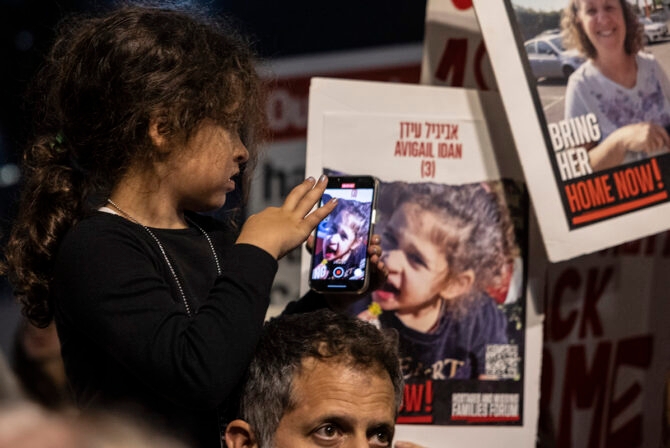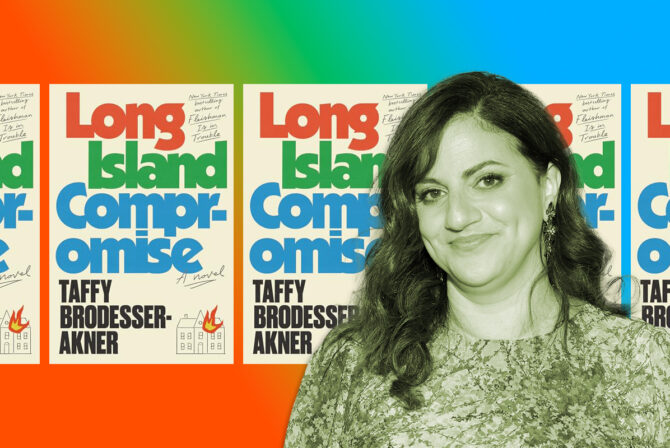This post is part of our Torah commentary series. This week we read Parashat Hukkat. To read a summary of the portion and learn more, click here.
Like many of us modern, educated ladies, I was spectacularly ignorant about babies until I had one a couple years ago. So the learning curve, similar to my pregnancy weight gain, was pretty damn steep.
Now, with baby #2 due in a month, I’ve been noticing how different it feels this time around, and taking stock of what I’ve learned…(Though yes, I know every baby’s different and I’ve been told a million times how much harder it is with two kids!)
When I look back over the last two years, I think the most important skill I’ve started to learn–and this is something I’m still working on, not something I’ve mastered–is letting go of how I think things should be, and instead, working with how they are.
Like I said, I’m still learning this over and over. But I’m trying.
***
Meanwhile, in this week’s Torah portion, Hukkat, Moses once again loses his @#$%.
He’s pushed to his limit. The Children of Israel have been whining nonstop; now they’re complaining that they’re thirsty. Moses complains to God, who tells him to speak to a particular rock, and water will come out.
Instead, Moses hits the rock. Twice. And as punishment, God says Moses will die before entering the Promised Land.
As a parent, I totally relate to losing it. And maybe that’s why my primary feeling, reading this story, is empathy for Moses. I want to go back in time to the moment just before Moses hits the rock. I want to give him a gift certificate for whatever the prophetic equivalent of a mani-pedi might be, and force him to take the afternoon off. Then he might have spoken to the rock instead of hitting it, and avoided this harsh punishment.
On the other hand, God’s punishment seems way too out of proportion for the crime of hitting a rock, so I have to wonder if there’s a deeper problem with Moses in this story.
What if the real problem is not hitting the rock–it’s what hitting the rock represents? That Moses, after all this time in the desert, still hasn’t learned to accept the reality of the situation: that leading the Israelites all alone just isn’t working for him.
Over and over, he’s been encouraged to delegate, to invite other leaders in. But somehow here he finds himself alone once again, stretched past his own limits. At this point in the Torah, I begin to wonder if Moses has a bit of a martyr complex. Or if he just can’t realize that things aren’t the way he thought they’d be when God gave him this job–that he can’t do it on his own.
So I wonder–could hitting the rock actually be a metaphor for Moses being unkind to himself? And could the Promised Land itself be a metaphor for learning to accept and address the reality of his (and our) needs, rather than fighting against them?
***
I suspect my empathy of Moses also comes from another similarity in our situation: we’re in charge of taking care of someone (in my case, a toddler; in his, the Israelites) while we ourselves are wandering into the unknown. In this last month of pregnancy, I want to speak to the rock, not hit it. I want to try to be as graceful as I can about what comes next. I want to focus on what’s in front of me, rather than what I wish would happen.
I am going to try for a homebirth VBAC; there’s no way to know if it will happen. I’m going to try to be there for Sylvie even as I heal from birth and take care of a newborn; there’s no way to know how she’ll react to becoming a big sister.
All I can do is take a step back, acknowledge what’s in front of me and inside me, and try to react the best I can.
Which for me means not to try and beat things into submission, or try and twist myself or my toddler into my ideal version of ourselves–instead, to accept us as we are, imperfect, dependent, ever-changing.
There will be whining, and sleep deprivation, and unspectacular moments. But my goal is to create a situation where there’s the highest possible chance of being able to be my best self as a mother, a partner and a person.
I think that might be the Promised Land.
To read the previous posts in our Torah MOMentary series, click here.
Like this post? Get the best of Kveller delivered straight to your inbox.







